HYPNOBIRTHING
Ease the pain and anxiety of childbirth with proven Hypnosis techniques and easibirthing® in Stoke-on-Trent.

What are the benefits?
- By reaching deep levels of relaxation, you reduce tension and fear, which can shorten your labour time
- It can significantly reduce the need for medication
- Using the techniques you and your partner can experience a more gentle and relaxed birth
- It involves your birthing partner and gives them an important and active role
- Helps you to increase positive emotions during the birth and look back on the experience in a positive way
- Helps you to maintain a strong level of energy during labour
- Teaches you techniques to help you control and manage any feelings of discomfort
- Using relaxation and knowledge to reduce anxiety and reduce the incidence of post-natal depression
- Can help with breastfeeding by promoting lactation
- A more relaxed and calmer baby
Clinical Evidence
A study of 39 women who were hospitalized for premature contractions, were given hypnosis for relaxation on a daily basis along with medication, the control group of 70 received medication alone. The rate of pregnancy prolongation was significantly higher for the group who were given hypnosis for relaxation. (Omer & Friedlander, 1986)
Reduce the Need for Medication
A meta-analysis compiled of data from 14 studies that included more than 1400 women, showed that hypnosis reduced the need for medication and increased the number of spontaneous vaginal births. Women taught self-hypnosis had decreased need for pharmacological analgesia and were more satisfied with their pain management in labour. (Smith, Collins, Cyna & Crowther, 2006)
In a British study 55% of 45 patients (hypnosis group) required no medication for pain relief, in the non-hypnosis group only 22% of 90 women required no medication. Two research pieces reported on 1000 births, 850 women used hypnosis resulting in 58% rate of no medication. (Harmon and Tyne, 1990)
Rates of Intervention
38 out of 45 Hypnosis for Childbirth mums delivered naturally without the use of caesarean, forceps or venteuse. This is 84% higher than average rate of normal birth for the general population of first time mothers. (Harmon, Hynan and Tyne, 1990)
520 pregnant women received either prenatal hypnosis or attention-only. The goal was to reduce stress, identify any specific fears and address them and to prepare the women for the experience of labour. The women who received the prenatal hypnosis had significantly better outcomes than the women who did not. Further assessment suggested that hypnosis helped to prevent negative emotional factors from leading to a complicated birth outcome.
Extended Effects of Anxiety on Children
Children whose mothers experienced a significant level of stress during pregnancy have a greater vulnerability to psychological problems according to a study at the University of Bristol. Analysis of the stress hormone levels (cortisol) has provided evidence that prenatal anxiety may affect the baby in the womb in a way that carries long term implications. (O’Connor, 2005)
Using Hypnosis to Turn a Foetus in Breech Position
100 pregnant women whose foetuses were in breech position at 37-40 weeks used hypnosis to try to turn their baby. 81% of the breech babies were successfully turned to a vertex position compared to only 48% in the control group of 100 women. (Mehl, 1994)

